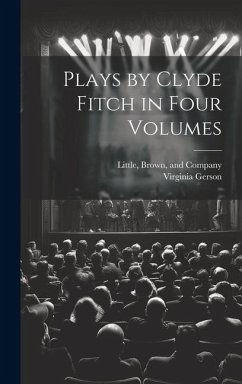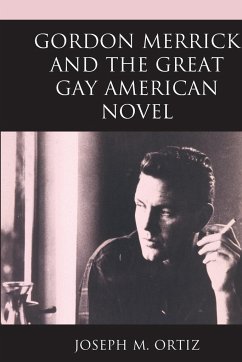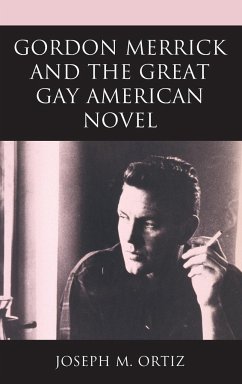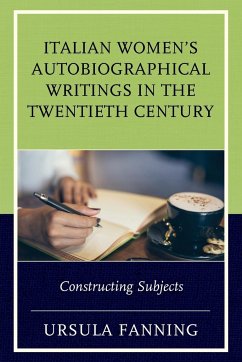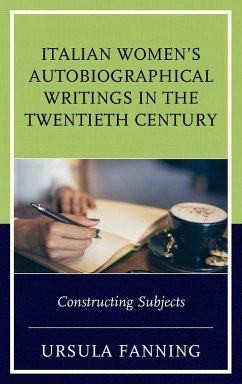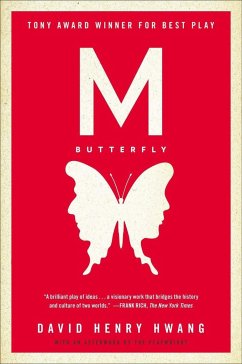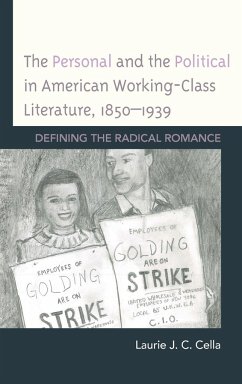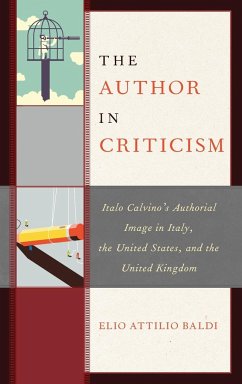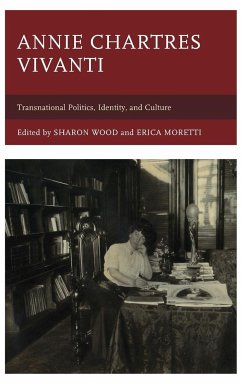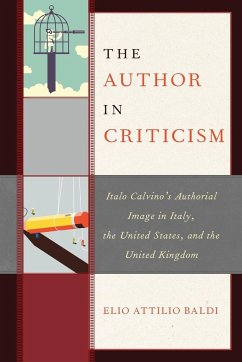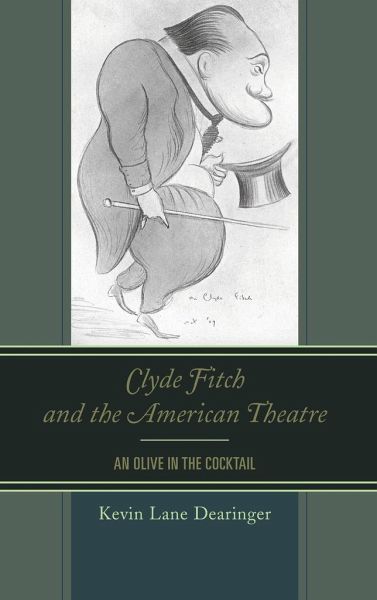
Clyde Fitch and the American Theatre
An Olive in the Cocktail
Versandkostenfrei!
Versandfertig in 1-2 Wochen
174,99 €
inkl. MwSt.
Weitere Ausgaben:

PAYBACK Punkte
87 °P sammeln!
Clyde Fitch was a major figure in the American theatre, influential in his time and to the playwrights who followed. A collection of Fitch’s letters published in 1924 provided a sanitized record of his life, but no major biography has since appeared. Clyde Fitch and the American Theatre: An Olive in the Cocktail is the missing piece in the study of this important playwright and his contributions to gay history in a way that gives his plays the reconsideration and revival deserved.





